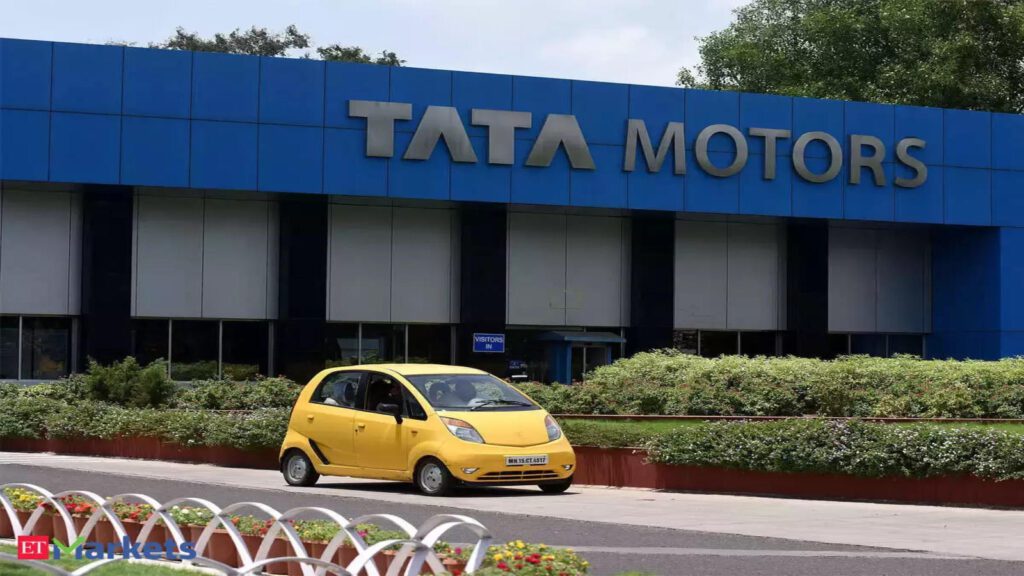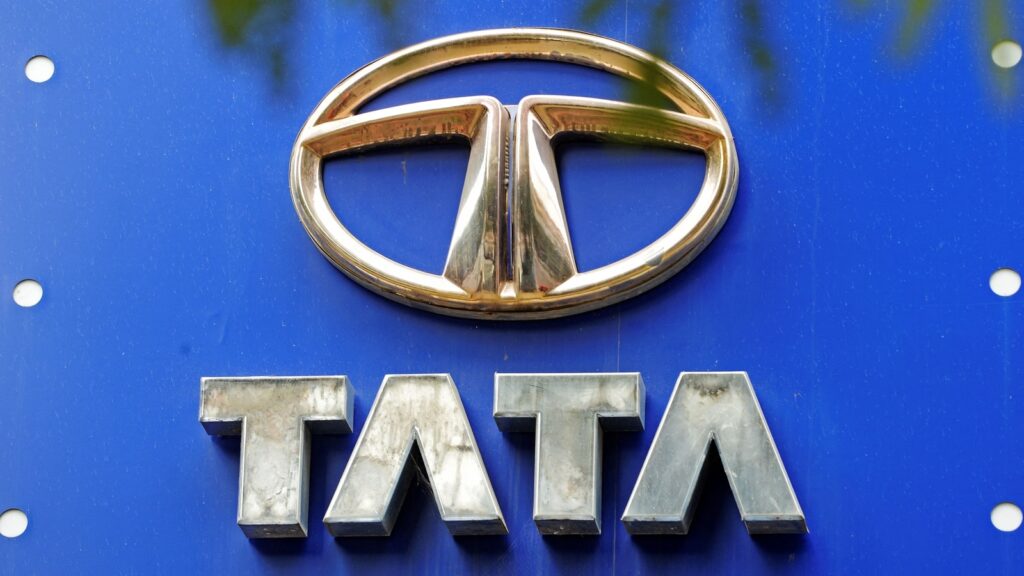Tata Motors, the Indian automotive giant, has recently grabbed headlines for its plan to demerge into separate entities for passenger vehicles (PV) and commercial vehicles (CV), sparking discussions among investors and analysts. with many seeking to understand its potential impact on the company’s future and Tata Motors share price.
Morgan Stanley’s “Overweight” Call:
Global investment bank Morgan Stanley issued an “overweight” rating for Tata Motors stock after the demerger announcement, indicating their belief in the stock’s long-term outperformance potential. Morgan Stanley also assigned a target price of ₹1,013, reflecting their confidence in the company’s prospects.
Decoding the Demerger:
The demerger decision stems from the belief that separating the PV and CV businesses will unlock their growth potential. Proponents of the demerger argue that:
- Enhanced Focus: Each entity will have a sharper focus on its target market, allowing for tailored strategies and resource allocation. This focused approach could improve efficiency, innovation, and profitability.
- Targeted Valuations: The demerger could lead to each company being valued more accurately by the market, reflecting its specific business model, risks, and growth potential. This could unlock hidden Value in both the PV and CV segments.
- Enhanced Management: Separate entities may attract and retain specialized talent better suited to each segment’s unique needs and dynamics. This could lead to more effective leadership and decision-making.

Morgan Stanley’s Rationale:
Morgan Stanley’s “overweight” call is likely based on several factors:
- Confidence in the PV Segment: The brokerage firm acknowledges the strong performance of the PV business in recent years, with significant market share gains and a focus on electric vehicles. They believe the demerger will allow this segment to capitalize on its growth potential.
- Unlocking Value in the CV Segment: While the CV market is cyclical, Morgan Stanley sees long-term potential for growth, especially in the electric CV segment. They believe the demerger can unlock this Value, making the CV entity more attractive to investors.
- Improved Financial Transparency: The demerger will offer investors clearer insights into each business segment, aiding investment decisions.
The Road Ahead:
It’s important to remember that the demerger process is ongoing, and its final impact on the share price remains to be seen. Several factors could influence the stock’s performance in the future, including:
- Market Conditions: The overall performance of the Indian stock market and the global automotive industry will be crucial in shaping Tata Motors’ share price.
- Execution of Demerger: The smooth and efficient execution of the demerger process will be critical to maintain investor confidence. Delays or unforeseen challenges could negatively impact the share price.
- Performance of Individual Entities: The ultimate success of the demerger will depend on the individual performance of the PV and CV entities. Their ability to deliver on their growth promises and profitability targets will be crucial for sustained share price growth.
Conclusion:
Morgan Stanley’s “overweight” rating and the demerger’s potential benefits have boosted optimism among Tata Motors investors. Yet, the demerger’s ongoing nature means the long-term impact on share price is uncertain. As with any investment, thorough research and a long-term perspective are crucial before deciding on Tata Motors.
